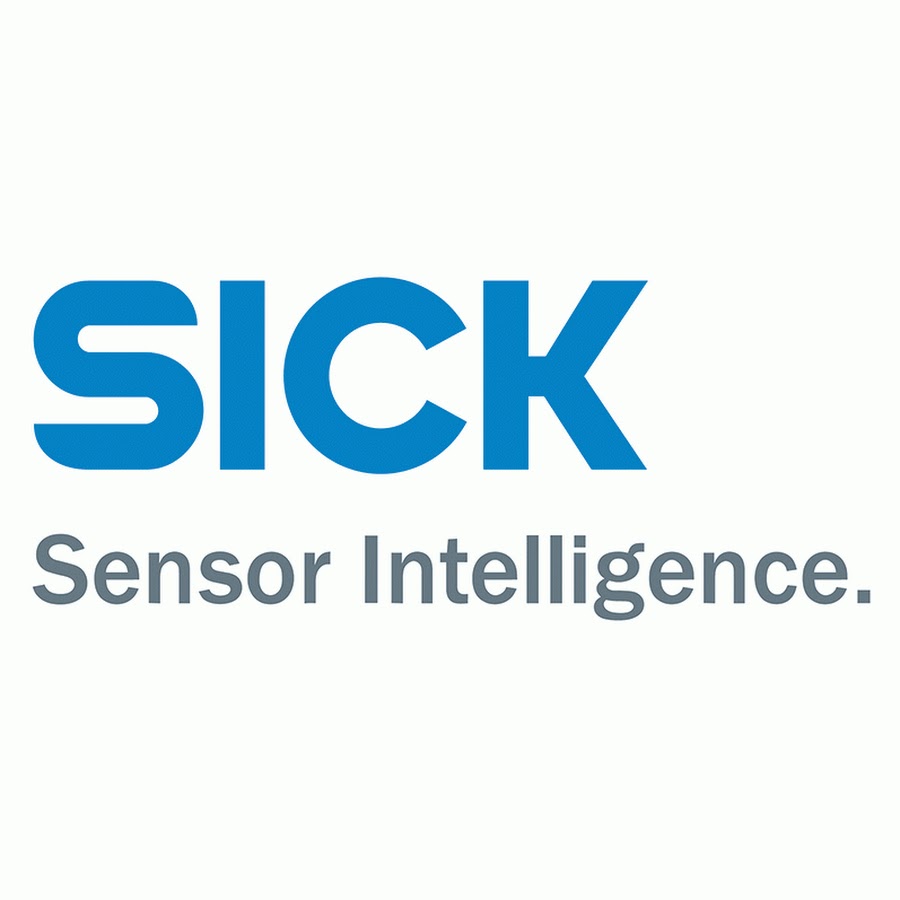SICK has added Liquid Lens technology to the Lector 61X, its smallest image-based code reader, to deliver rapid and infinitely-variable focal adjustment and a significantly-extendeddepth of field. The SICK Lector611 with Liquid Lens packs outstanding read performanceand operational versatility into an ultracompact device.
The SICK Lector611 image-based code reader reliably reads 1D, 2D and stacked codes even when they are low contrast, contaminated or of poor quality. It also excels with Direct Part Marking (DPM) and very small codes, including where they are practically invisible to the human eye or at very close range.
As well as code-reading duties in fast-moving production and logistics, is therefore ideal for reading direct marks on electronics or automotive components, for example. It also reliablyreads slowly-degrading codes, for example on totes in hard-working materials handling environments.
Darren Pratt, SICK UK’s Product Manager for Identification explains: “The liquid lens used in the Lector 611 is infinitely variable. When combined with the automatic parameter switching function available in all Lectors, this enables the Lector 611 to switch automatically between different focal points on the fly.
“Focal distances switch automatically in milliseconds, resulting in an incredible depth of field over the full operating range of 50mm and 300mm. This is ideal e.g. for detecting packages of different heights on a conveyor or adapting to rapid batch changes in production logistics.”

Rapid Set-Up
Measuring just 30 mm x 40 mm x 50 mm and featuring snap-in mounting and flexible cable connectors, the SICK Lector 61X is installed with ease in the tightest of machine spaces. Configure the Lector 611 automatically via a quick set-up wizard in the free-of-charge SOPAS configuration software or directly via the on-sensor push-button auto-tune feature. Whichever method is preferred, optical and code settings are quickly optimised and the unit is ready to read in seconds. With intelligence onboard, the SICK Lector 611 can be set up to distinguish between several codes, or to read multiple codes simultaneously on a package or component.
Despite its tiny size, the SICK Lector 611 is a camera jam-packed with versatile functions. Itsdesign incorporates magnifying optics so it can read microcodes with a minimum bar width down to 0.02 mm for 1D codes and a cell size as small as 0.04 mm for 2D codes.
Combining eight LEDs and two lighting colours, the Lector 611 has a highly-flexible lighting capability to optimise the code identification, regardless of the surface or colour. Further optical accessories such as a polarising filter can be attached with no additional tools.
Data Analysis
As with all the cameras in SICK’s Lector family, the Lector 611 can help operators track the quality of the codes it reads. Good reads and no-reads are recorded and statistical analysis of read performance is provided alongside live images so operators can inspect code quality.
The SICK Lector 611 has an integrated time-of-flight laser to aid rapid set-up, while the built-in orientation sensor ensures optimal positioning, as well as rapid detection should the camera move out of alignment e.g. by being knocked.
The SICK Lector 611 with Liquid Lens features a flush screen, so it is ideal for environments with dust and liquid contaminants with a rating up to IP65. The onboard algorithms can pre-filter data before communicating to the control system. It is compatible with all common communication protocols, including TCP/IP, EtherNet/IP, PROFINET, serial and CAN.
Other cameras in SICK’s market-leading Lector family, the Lector 62X, the Lector 63X and the Lector 85X, extend the camera-based reading capability across many industries and applications. For example, the Lector 63X is ideal for hand-presentation applications in retail logistics, and the Lector 85X, the biggest in the family, is used for rapid throughput applications reading multiple packages on wide conveyors, e.g. in Courier, Express and Parcel hubs.












McMurtry Spéirling defies gravity using fan downforce
Ground effect fans were banned from competitive motorsport from the end of the 1978 season following the introduction of Gordon Murray's Brabham...